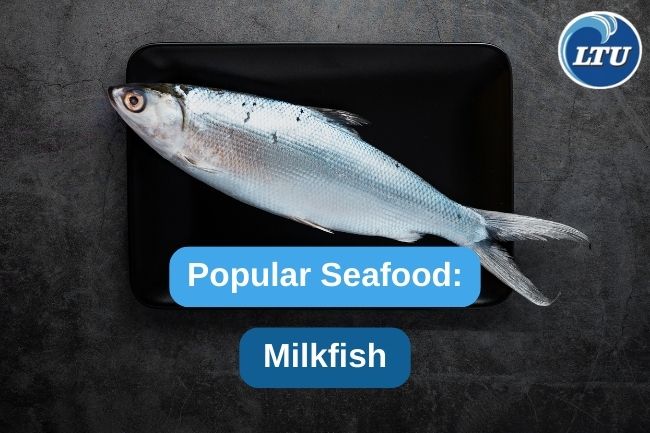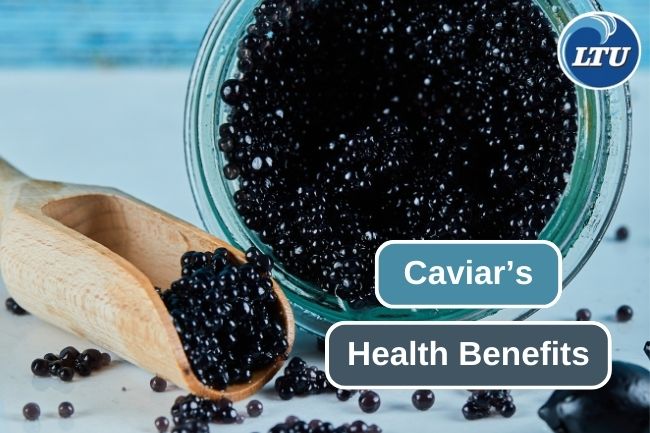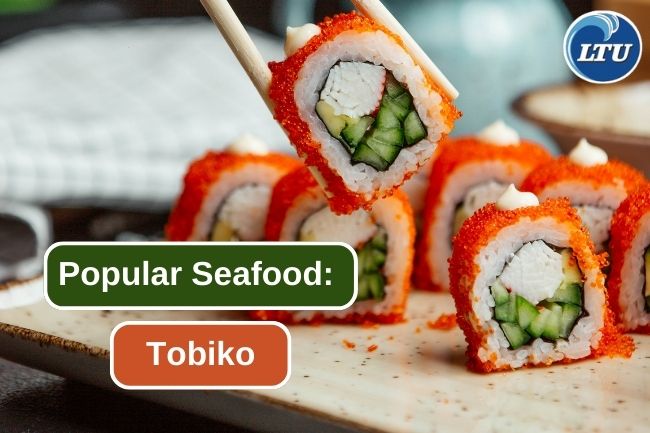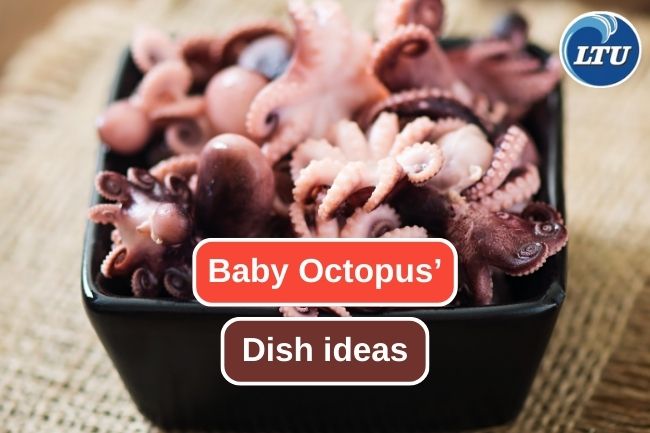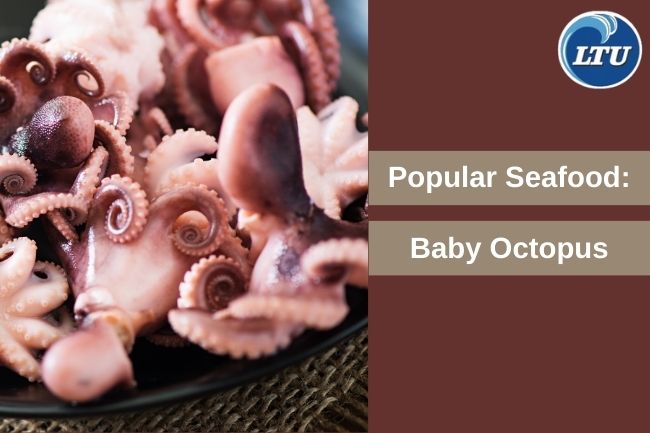These are Amaebi’s Important Nutritional Profile
By. Nevanda - 02 Nov 2023
lauttimur.com - Seafood has long been celebrated for its nutritional richness, and Amaebi, or sweet shrimp, is no exception. This delectable crustacean, often found in the cold waters of the North Pacific, not only tantalizes the taste buds but also offers a range of health benefits. In this article, we will explore the nutritional profile of Amaebi and its potential positive impacts on your well-being.
High in Protein
One of the primary nutritional attributes of Amaebi is its high protein content. Protein is essential for building and repairing tissues in the body, making it a crucial macronutrient. A 3-ounce serving of Amaebi provides around 20 grams of protein, making it an excellent choice for those seeking to meet their daily protein needs.
Low in Calories
Amaebi is also relatively low in calories, making it an attractive option for those looking to maintain or lose weight. A 3-ounce serving of Amaebi contains approximately 85 calories, making it a satisfying and low-calorie addition to your meals.
Rich in Omega-3 Fatty Acids
One of the standout health benefits of Amaebi is its omega-3 fatty acid content. These essential fats are renowned for their positive effects on heart health. Omega-3s can help reduce the risk of heart disease, lower blood pressure, and decrease inflammation. Amaebi, like other fatty fish, contains significant amounts of eicosapentaenoic acid (EPA) and docosahexaenoic acid (DHA), two crucial omega-3 fatty acids.
Vitamins and Minerals
Amaebi is a good source of essential vitamins and minerals, including:
- Vitamin B12: This vitamin is vital for neurological function, red blood cell production, and DNA synthesis. Amaebi provides a substantial amount of vitamin B12, which is important for overall health.
- Iodine: Iodine is essential for thyroid function, and Amaebi contains a notable amount, contributing to the regulation of metabolism.
- Selenium: This trace mineral has antioxidant properties and plays a role in supporting the immune system. Amaebi contains selenium in appreciable amounts.
- Phosphorus: Phosphorus is crucial for strong bones and teeth, as well as various metabolic processes. Amaebi is a good source of this essential mineral.
Read also: Why Amaebi is a Popular Seafood in Various Dishes
Low in Mercury
One concern with seafood consumption is the potential presence of mercury, a toxic heavy metal that can accumulate in some fish. Amaebi is considered a low-mercury seafood, making it a safer choice for regular consumption, even for pregnant women and young children.
To make the most of Amaebi's nutritional benefits, it's essential to prepare it in a healthy manner. Steaming, grilling, or baking Amaebi can help retain its nutritional value while minimizing added fats. Avoid deep-frying, as it can add unnecessary calories and reduce the health benefits of this seafood.
Read also: Choosing the Best Seafood for Your Sashimi Delight

